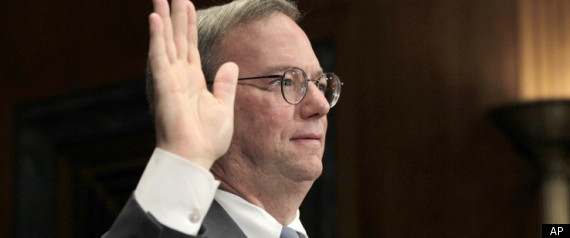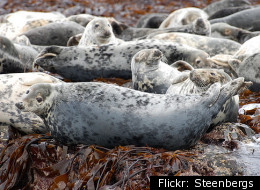Over the weekend, my inbox exploded with angry messages from people who had just read this New York Times article (though it reads more like an op-ed) about the Occupy Wall Street protest. Ginia Bellafante gives a devastating account of the event’s attendees, depicting them as scatterbrained, sometimes borderline-psychotic transients.
Bellafante, who is not a reporter but a critic for the Times, offered a representation of the protesters that is as muddled as the amalgam of activists’ motives she presents in the span of the article. She first claims a Joni Mitchell lookalike named Zuni Tikka is a “default ambassador” of the movement. In one of the following paragraphs, she then describes the protest as “leaderless.” Either the people at Zuccotti Park have official leadership or they don’t (they don’t, by the way). So either Tikka is an official spokesperson who warrants first-paragraph favorability, or Bellafante’s own biases persuaded her to put the kooky girl dancing around in her underwear in the spotlight.
The more serious aspect of the protest—the “scores of arrests” that occurred over the weekend including the arrests of more than eighty people, several of whom the police first penned and then maced—is offered as an aside in Bellafante’s article (she doesn’t mention the macing at all). By the way, none of the young women in the following video are in their underwear.
Bellafante, who is not a reporter but a critic for the Times, offered a representation of the protesters that is as muddled as the amalgam of activists’ motives she presents in the span of the article. She first claims a Joni Mitchell lookalike named Zuni Tikka is a “default ambassador” of the movement. In one of the following paragraphs, she then describes the protest as “leaderless.” Either the people at Zuccotti Park have official leadership or they don’t (they don’t, by the way). So either Tikka is an official spokesperson who warrants first-paragraph favorability, or Bellafante’s own biases persuaded her to put the kooky girl dancing around in her underwear in the spotlight.
The more serious aspect of the protest—the “scores of arrests” that occurred over the weekend including the arrests of more than eighty people, several of whom the police first penned and then maced—is offered as an aside in Bellafante’s article (she doesn’t mention the macing at all). By the way, none of the young women in the following video are in their underwear.


















